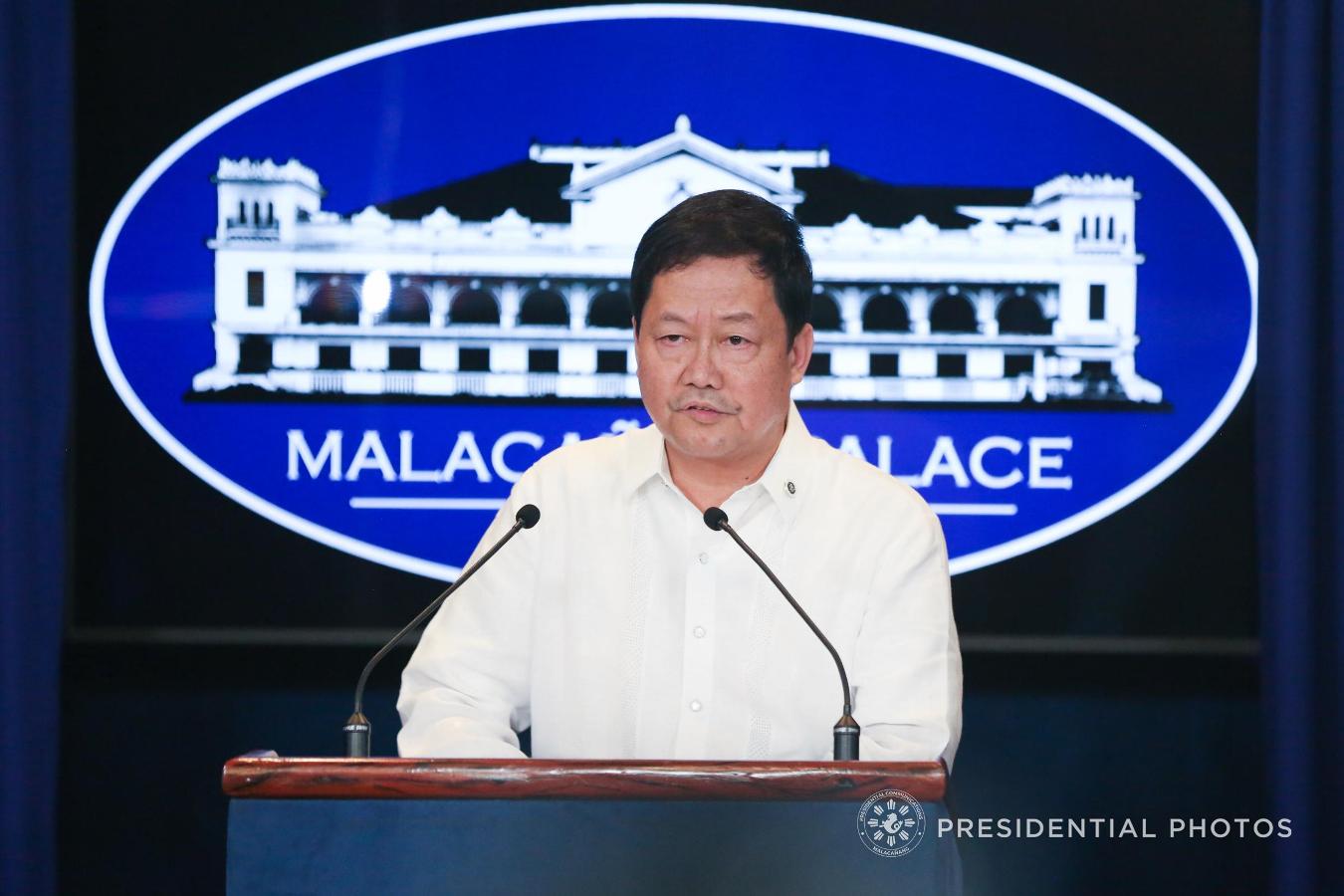Guidelines tightening rules of work permits for foreign nationals
 Gov’t tightens rules on issuance of work permits for foreigners. Guidelines tightening rules in regulating the issuance of work permits for foreign nationals have been jointly approved by various government agencies, Department of Justice (DOJ) announced on Labor Day. Justice Secretary Menardo Guevarra, Department of Labor and Employment (DOLE) Secretary Silvestre Bello III, Bureau of Immigration (BI) Commissioner Jaime Morente, and Bureau of Internal Revenue (BIR) Commissioner Caesar Dulay signed the joint guidelines at the Kingsborough International Convention Center in San Fernando, Pampanga. “The Joint Guidelines regulate the issuance of special work permits (SWP), provisional work permits (PWP), and alien employment permits (AEP),” the DOJ said in a statement. The DOJ explained the joint guidelines was drafted “to clarify, among others, the work in which an alien may be allowed, the permits required of them, and address the overlap in the areas of responsibility of the agencies and offices as regards the issuance of those permits.”
Gov’t tightens rules on issuance of work permits for foreigners. Guidelines tightening rules in regulating the issuance of work permits for foreign nationals have been jointly approved by various government agencies, Department of Justice (DOJ) announced on Labor Day. Justice Secretary Menardo Guevarra, Department of Labor and Employment (DOLE) Secretary Silvestre Bello III, Bureau of Immigration (BI) Commissioner Jaime Morente, and Bureau of Internal Revenue (BIR) Commissioner Caesar Dulay signed the joint guidelines at the Kingsborough International Convention Center in San Fernando, Pampanga. “The Joint Guidelines regulate the issuance of special work permits (SWP), provisional work permits (PWP), and alien employment permits (AEP),” the DOJ said in a statement. The DOJ explained the joint guidelines was drafted “to clarify, among others, the work in which an alien may be allowed, the permits required of them, and address the overlap in the areas of responsibility of the agencies and offices as regards the issuance of those permits.”
With the joint guidelines, the DOJ, DOLE, BI, and BIR should be able to “align their relevant regulations.” Under the guidelines, the BI may only issue an SWP to a foreigner who intends to work in the country outside of an employment arrangement in 14 permissible areas of work. Meanwhile, a foreigner intending to work pursuant to an employment arrangement is required to obtain an AEP from the DOLE. An AEP is only issued if no Filipino is available to perform the work which the foreign applicant seeks to discharge and based on the labor-market test applied by the DOLE. Pending the issuance of AEP, the applicant may work in the country only if a PWP has been secured from the BI which has a maximum effectivity of six months only. Also under the guidelines, applicants for work and employment permits are required to obtain Tax Identification Numbers (TIN) from the BIR. This shift in policy was implemented following concerns over the rising number of foreign nationals working in the country. “We saw a rise in the number of foreign nationals in the previous years due to emerging industries such as the online gaming,” said Morente. He noted that this has never been a problem in the past because of the relatively smaller number of foreign nationals working then. Morente said the previous regulation in the issuance of SWP did not have any restrictions, apart from the duration. “The old system was prone to abuse, hence we saw the need to tighten our regulations to ensure that jobs that can be done by Filipinos will not be given to foreigners,” he stated. The SWP allows a foreign national with a tourist status to render service for a maximum period of six months, and does not bind a foreigner in an employer-employee arrangement. In contrast, a 9(g) visa is a working visa for aliens employed in the country, with contracts usually lasting for one to three years. “A permit would allow a foreigner extended business activities here up to six months, say transfer technologies or perform shows in the Philippines, while a visa binds a foreigner as an employee by a company in the country,” Morente clarified. In 2018, the BI issued a total of 83,760 SWPs, while the DOLE reportedly issued a total of 54,241 AEP, which is the primary requirement for securing the 9(g) visa. Morente stressed that they are in constant talks with DOLE to craft policies that will ensure the protection of the Filipino worker. He assured the foreign community that the new guidelines will not compromise the ease of doing business in the country. “We have made it easier for foreign nationals to comply with our laws,” said Morente. Apart from the updated rules on work permits, the BI also announced that it would include in the requirements for visas and permits a proof that the alien applicant has paid his/her taxes. “It’s really about government agencies working together to harmonize rules and procedures,” said Morente.
